Beyond Black and White
Her Name is Ida
Exploring empathy and guilt, Oscar Bøe’s protagonist’s growing self-awareness mirrors the cultural blind spots surrounding sexual assault.
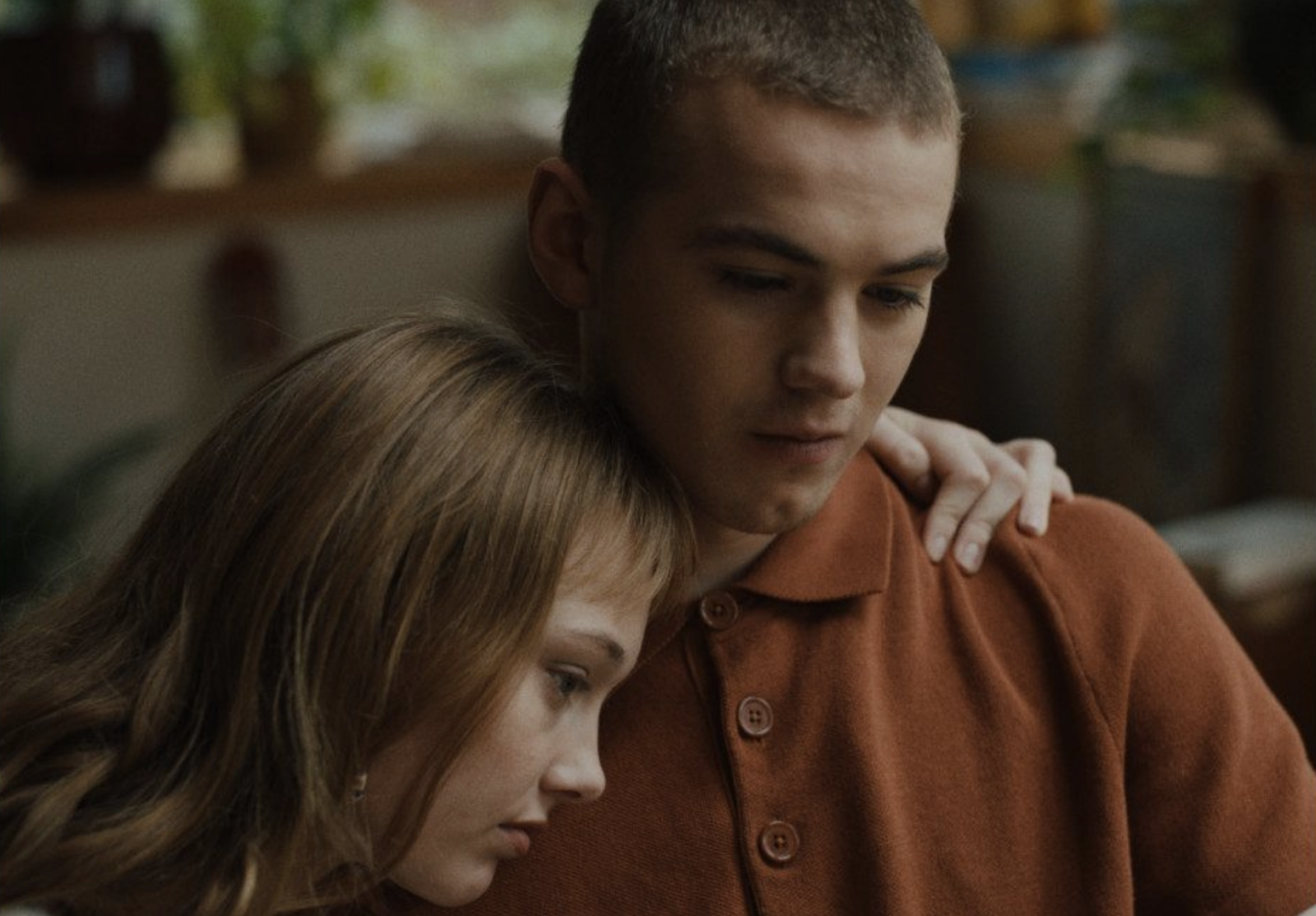
Oscar Bøe’s short film Her Name is Ida is a raw and challenging exploration of family dynamics, accountability, and the weight of personal truths. Over fifteen minutes, it takes the audience into a family gathering disrupted by Martin’s confession—he has been accused of rape. What unfolds is a reckoning with Martin’s actions and a deeply personal moment of self-reflection for me as a viewer.
Watching the film, I found myself sympathising with him and that feeling troubled me, especially after I dug into Norway’s growing statistics of sexual assault among young adults. This internal conflict highlighted the film’s ability to provoke and unsettle, forcing me to confront my biases and emotions. It felt almost as if it was not morally correct to do so, yet it was challenging to refuse the perspective and environment he was coming from, which influenced my spectatorial experience and the actions of the main protagonist.
When Martin’s mother asks him, “What happened exactly?”, his hesitant reply, “She reported me.” serves as a catalyst. The room’s atmosphere shifts palpably. His sister’s withdrawal and his mother’s probing questions lay bare the precarious balance between familial love and the instinct for accountability. Martin’s expression betrays his inner turmoil—he acknowledges the harm he caused while remaining naive to its full gravity. The contrast between his casual demeanour and the enormity of his confession mirrors the cultural blind spots surrounding sexual assault.
There it was again, the unexpected sympathy within me. In the case of rape and rape accusations, where it often feels straightforward to assign guilt, the film opened a space to confront the complexity of such emotional verdicts.
Family dynamics reflect cultural biases, particularly in how society views young men as naive yet capable of handling relationships without guidance. Martin’s mother and sister immediately confront him, while his father, wearing his wife’s apron, responds with calm restraint. This reversal of gender roles highlights the tension between emotional immediacy and analytical detachment. Common in Norwegian cinema, the quick reversal of roles in this film tackles a taboo subject, fitting the short format perfectly. It powerfully shows how quickly a person’s perception can be turned upside down.
What becomes clear is that Martin had no foundational understanding of consent or women’s perspectives in intimate relationships. His lack of sexual education and emotional preparation highlights a broader societal issue: the dangerous assumption that boys instinctively know what is acceptable without explicit guidance. This reflects an implicit naivety in families, particularly in environments like Norway, where emotional vulnerability in men is often stigmatised, and traditional masculinity discourages open discussions about feelings. Simultaneously, there is an unspoken expectation for women to take the lead and bear the responsibility for defining boundaries. No winner takes it all in this situation. It’s multilayered and introspective, far more than one would like it to be.
This cultural context illuminated my unexpected sympathy for Martin. It became evident that his family’s failure to openly address these crucial topics contributed to his ignorance, not malice. This is a sobering reminder of the consequences when societal norms and familial silence perpetuate misunderstandings about consent and emotional accountability.
What struck me most about the film was how deeply I sympathised with Martin, more than I was comfortable with, despite knowing the broader context of sexual assault cases in Norway. This discomfort forced me to confront my biases and the complexities of empathy. Martin’s vulnerability and apparent surrender to his actions make him relatable, raising the troubling question: should empathy for him overshadow understanding the victim’s perspective? The fact that the incident happened almost a year ago adds depth, highlighting how long it took Martin to face his actions and family. His expression reveals both innocence and guilt, while his voice betrays fear—not just of the accusation, but of himself—seeking understanding or support from his family.
Martin’s decision to move to Paris and live independently only accentuates this gap. His family’s lack of conversations about behaviours in intimate relationships left him ill-equipped to navigate the complexities of consent and interpersonal dynamics. This cultural blind spot meant Martin was unprepared for the reality that awaited him, emphasising the profound need for open dialogue and education within families.
This shift in perspective is something I was not prepared for but it made me understand how this is more than my own experience. It’s an experience of all men, those who feel like men and women who can sympathise with Martin. Martin coming from a household where talking about sex education and the female gaze during sexual intercourse is off the table must be too controversial to bring up in a family environment. This just goes to show how having no discussion of this kind in your family or your school can lead to this: feelings of isolation and desperation.
Her Name is Ida fractures the truth, highlighting the gap between Martin’s perception and Ida’s experience. The film neither absolves nor condemns Martin, instead showing his growing self-awareness and the limits of his understanding. The unresolved ending suggests his first step toward accountability, but whether he learns remains unclear. Upon rewatching it, the fear that Martin may repeat his actions adds a chilling layer. The film’s strength lies in its relatability, reflecting real-life struggles where love, trust, and morality collide. It forces viewers to confront uncomfortable questions about separating a person from their harmful actions and navigating truth and accountability in cases of sexual misconduct.
Her Name is Ida doesn’t offer easy answers. It invites reflection, urging us to confront uncomfortable truths with empathy and courage. It is a testament to storytelling that dares to delve into the shadows, leaving us unsettled yet more introspective. It’s meant for scholars, writers, artists and audiences who dare to question the storyline, characters and themselves in it. Bøe’s work is a powerful reminder of the complexities that define human behaviour and the need for nuanced conversations about accountability and justice.
This text was developed during the European Workshop for Film Criticism #6—a tandem workshop set during Kortfilmfestival Leuven and Vilnius Short Film Festival—and edited by tutor Savina Petkova.
The European Workshop for Film Criticism is a collaboration of the European Network for Film Discourse (The END) and Talking Shorts, with the support of the Creative Europe MEDIA programme.

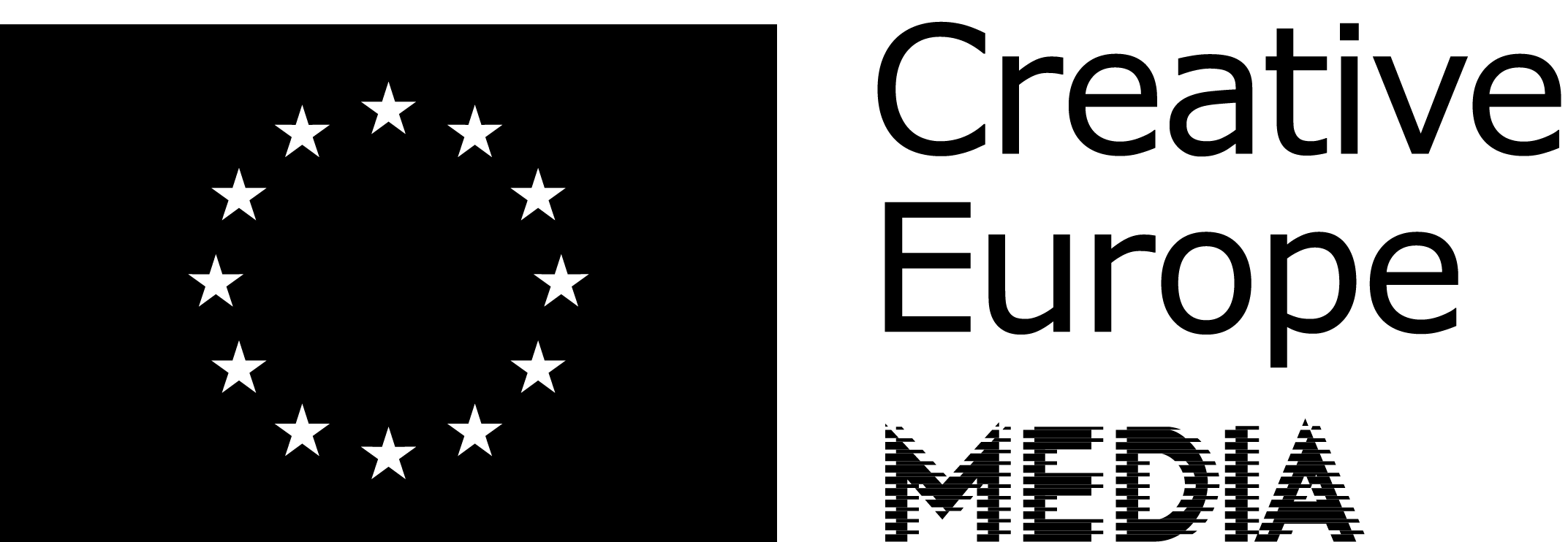
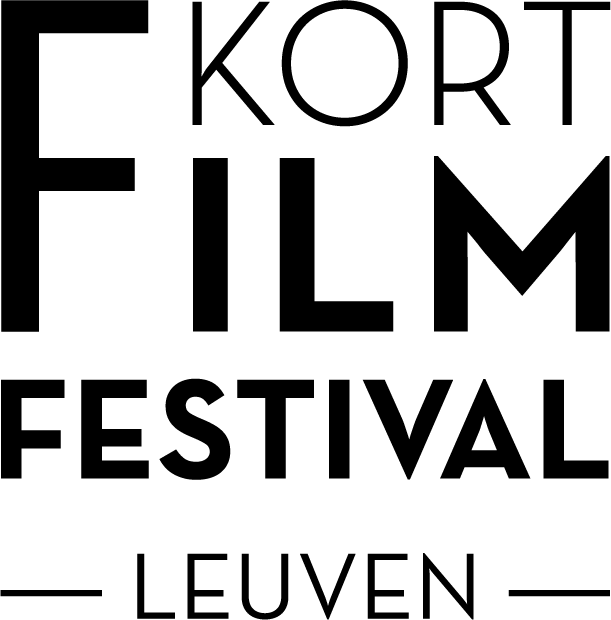
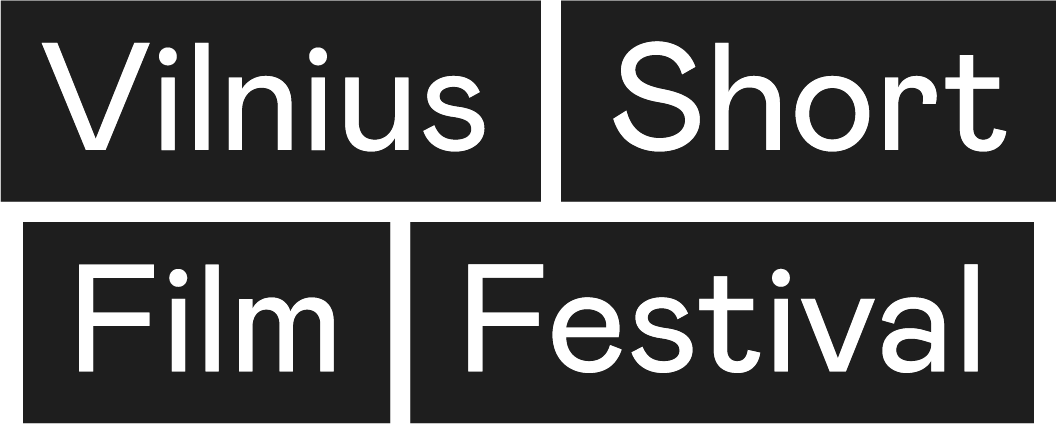
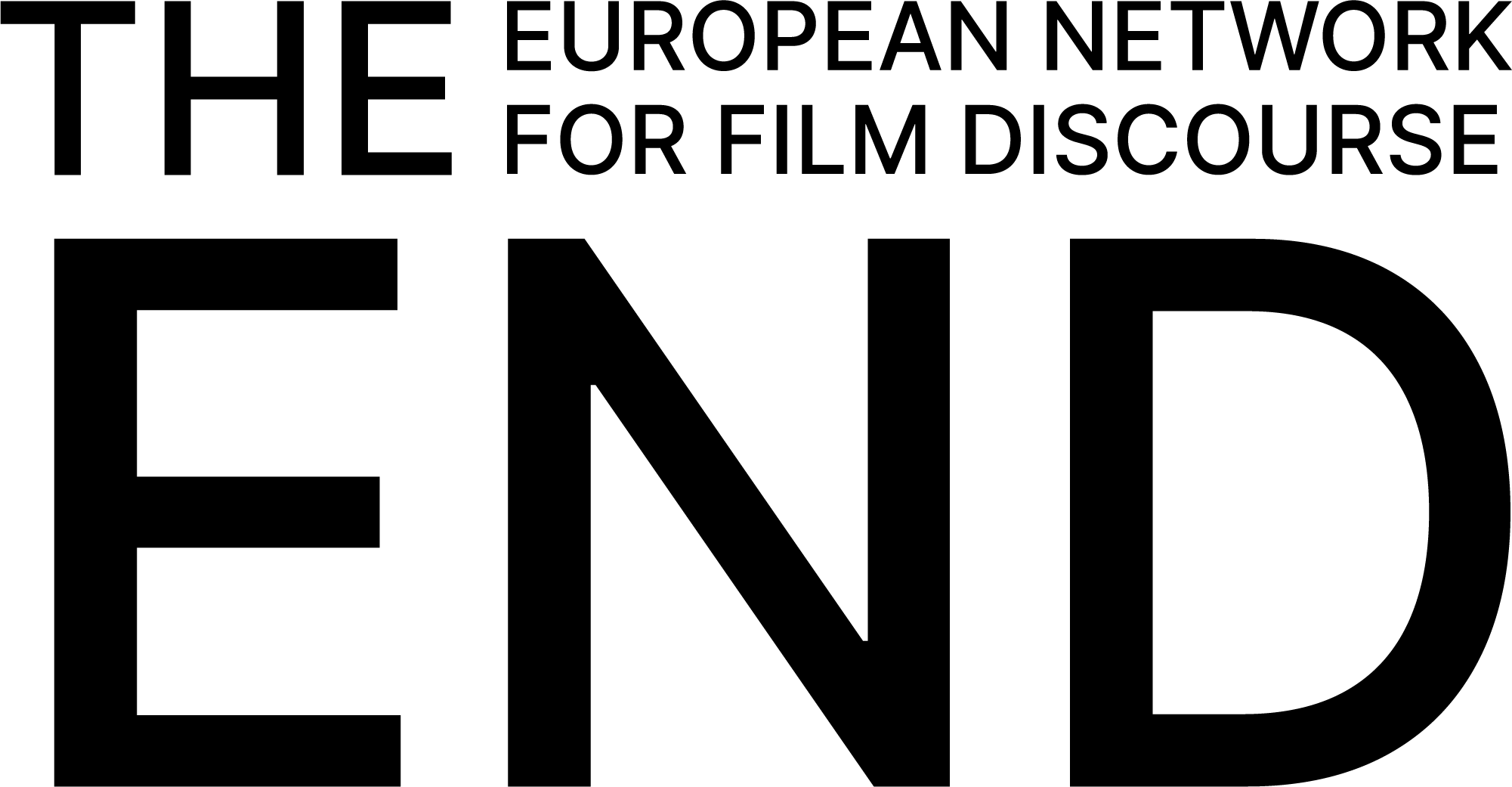
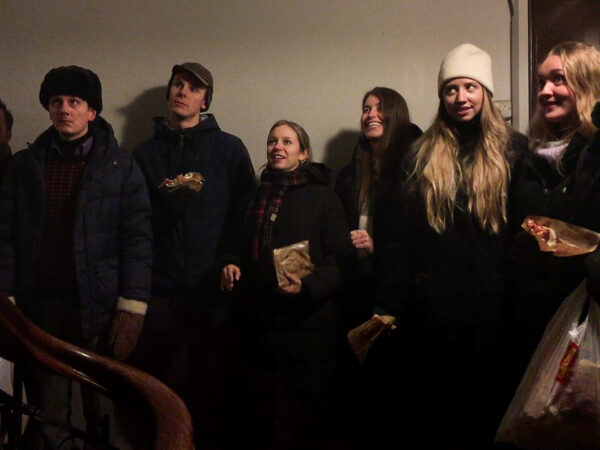

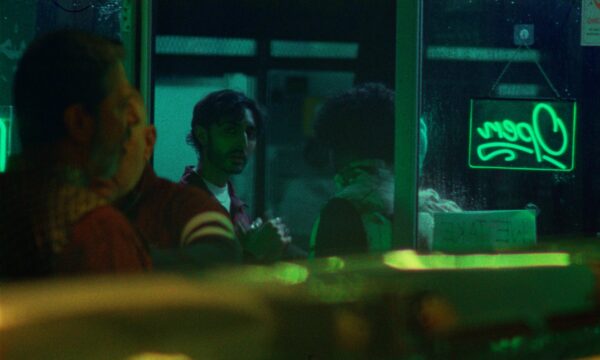

There are no comments yet, be the first!